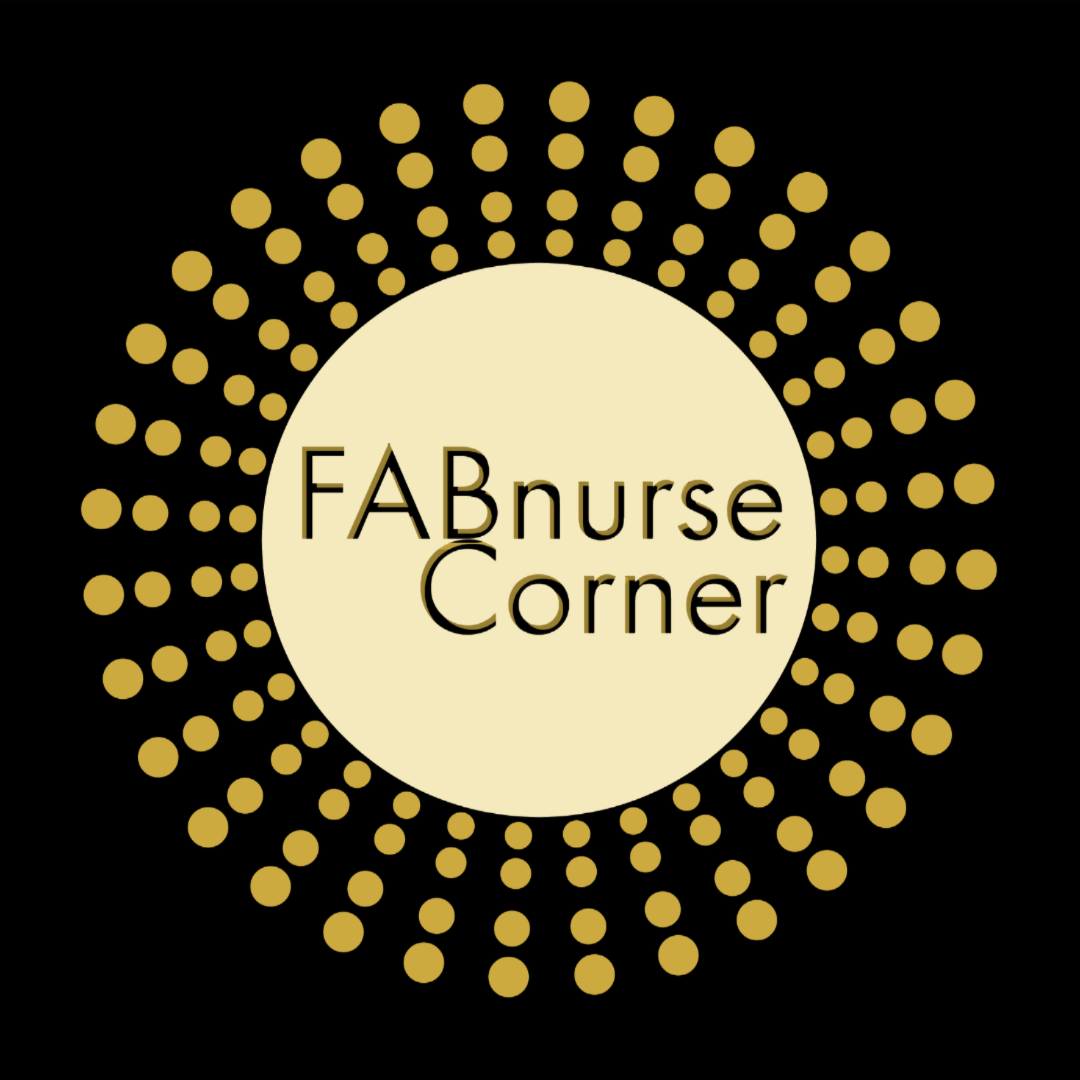Empathy
Simply stated, empathy is being able to understand and share the feelings of others. It is an important attribute of healthcare providers, and is a key component in providing care to our patients. Our patients must be engaged with empathy, to foster improved patients’ communication and satisfaction. Additionally, engaging empathy also supports positive patients’ health outcomes. Being empathetic, shows caring, compassion, and understanding of the patient’s perspective. It allows us to make connections, which help to increase our awareness in assessing the needs of our patients, and aid in formulating appropriate patient-centered care.
Facilitating empathy enables us to recognize and acknowledge others’ fear, ambivalence, pain, and worry. An empathic approach can be a simple touch, making eye contact, or giving a gentle hug. Sometimes, empathy takes us to the level of immense vulnerability, resulting in many different emotions. We should permit ourselves to be vulnerable.
Sometimes experiences cause us to be detached from our emotions and not exhibit empathy. When we acknowledge the lack of empathy, we may need to ‘examine our biases, and walk in others ‘shoes. It is imperative that we champion a culture of empathy, which helps us to be better listeners, build trust, and develop stronger relationships.
Stay FAB: Fearless, Affectionate and Bold



